Locarno74: Men steal the show, but women are the future
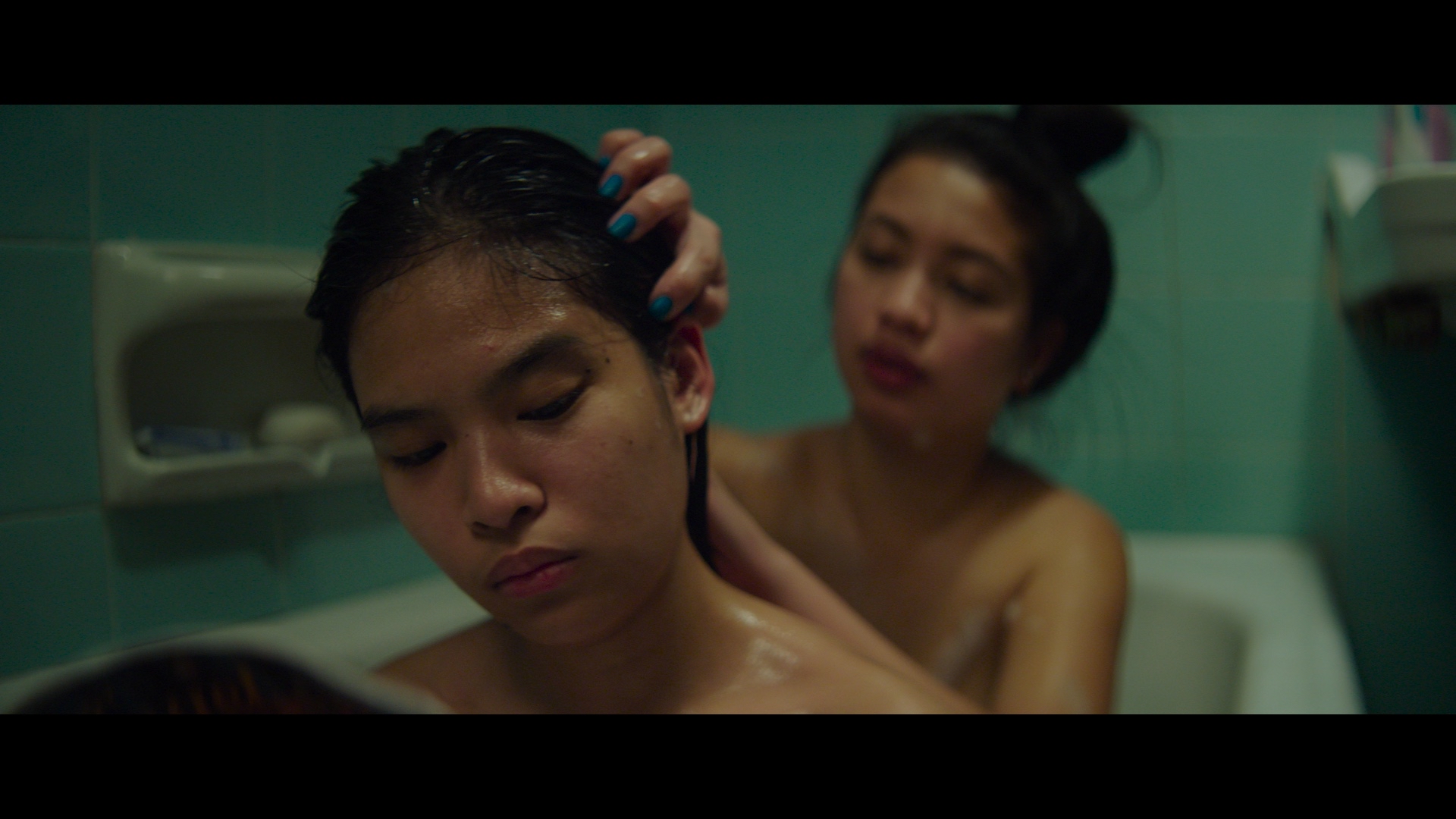
For a festival that in 2018 signed a pledge for gender parity in their programming, this year’s choices sadly show a distinct lack of commitment to reaching those aims.
The ‘Cineasti del presente’ competition was a welcome exception to the rule. It is the only competition at this year’s edition to have a majority selection of women directors: 53.3% compared to the 23.5% in the Concorso Internazionale, the international competition (Pardo d’Oro).
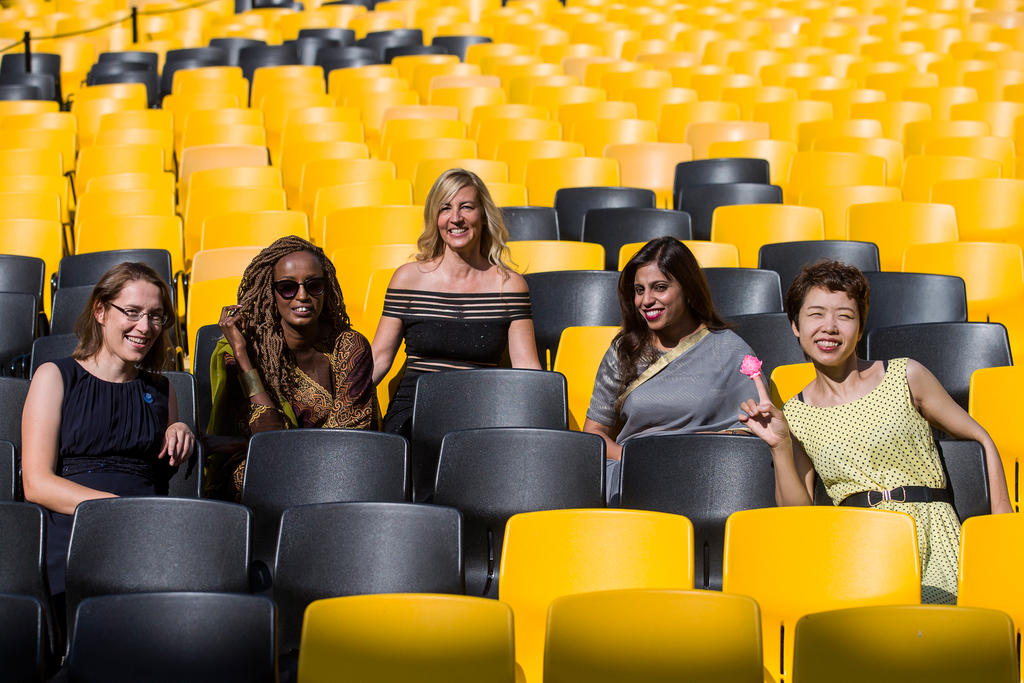
More
Locarno film festival pledges to gender parity
The Concorso Cineasti del presente is Locarno Film Festival’s strand dedicated to first and second feature films. It declares itself a “place devoted to the discovery of tomorrow’s cinema.” This year, the selection of fifteen films, from Argentina to Georgia, Bosnia to Tunisia, offered up a striking array of work with the potential to make a lasting impact on the festival circuit and wider film industry.
Three women
Across the competition, three women-directed features stood out as assured and evocative new works.
From Chile, Claudia Huaiquimilla’s My Brothers Dream Awake was a competition highlight, a warm yet affecting drama about a juvenile detention centre where hope for a better future is hard to find. Brothers Ángel and Franco, known as Flea, have been incarcerated for a year, awaiting trial for a crime the film is careful not to explore too openly.
This is not a film about what any of these boys might have done but about the system that entraps them. Strengthened by the gentle chemistry between the cast, Huaiquimilla’s film feels like a healing hand to offer a vision of their lives not defined by their history. It is all the more devastating, then, when the glimpse of a future of freedom and growth is so cruelly taken away.
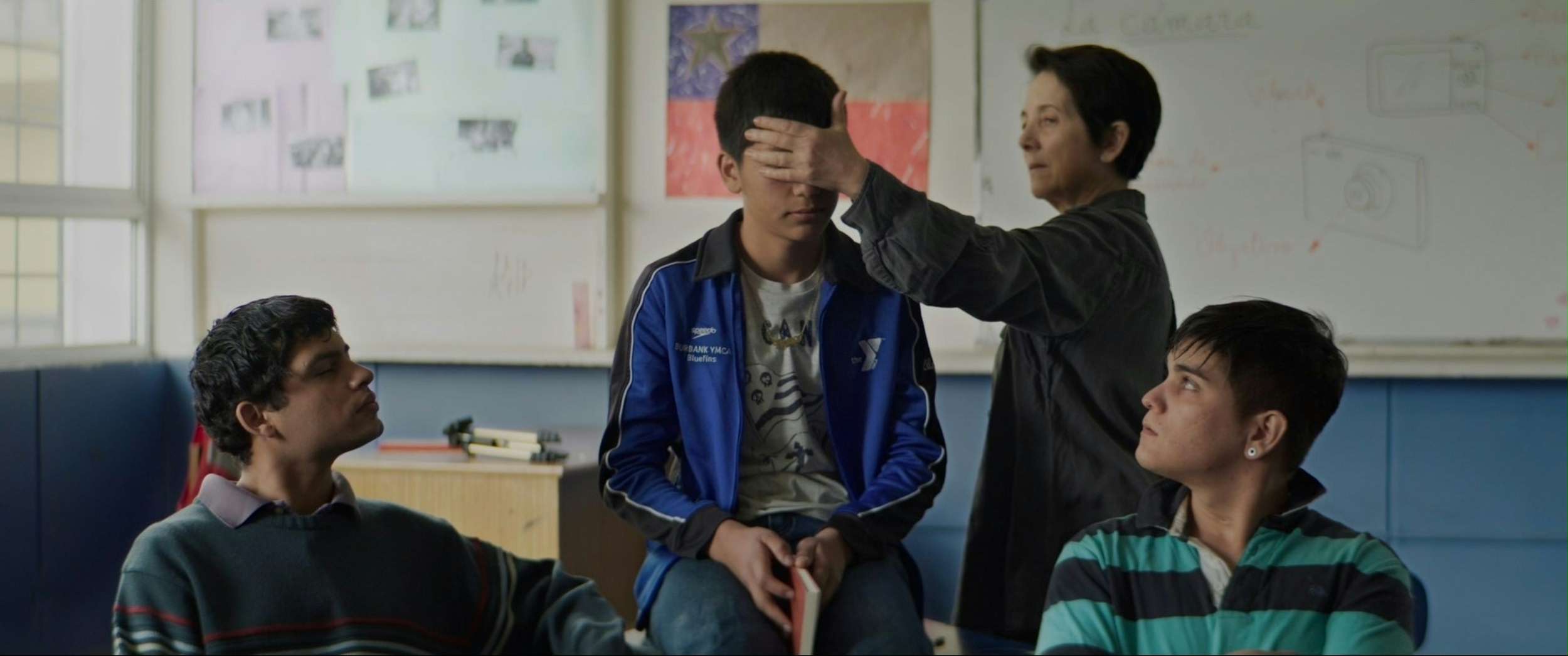
From Germany, Sabrina Sarabi signed a second feature, No One’s With the Calves, an adaptation of the novel of the same name by German author Alina Herbing. In many ways reminiscent of the work of English actor and director Andrea ArnoldExternal link, Sarabi’s film explores the life of rural teenager Christin living on her boyfriend’s family farm outside Hamburg.
Her ennui and failing sense of self seeps into the film to create an effective, muted and slow portrayal of longing and disappointment. The thick countryside heat and hazy air adds a heaviness to the film that aids this narrative and aesthetic partnership. Lead actor Saskia Rosendahl moves through the film with a defiant stare, blankly accepting the traumas and boredom that are forced upon Christin by others until the possibility of change becomes truly apparent.
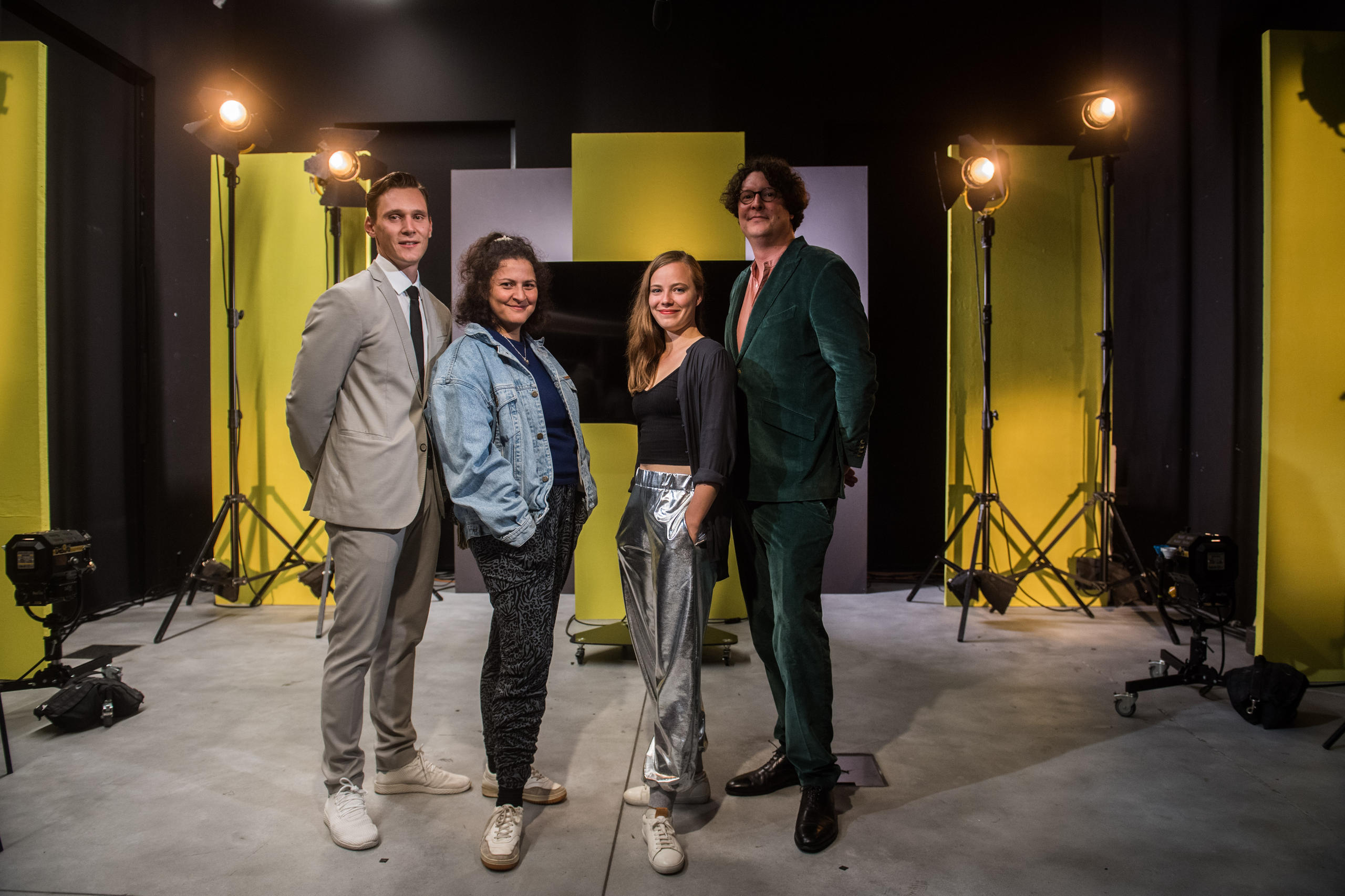
Above the arthouse trap
Perhaps the boldest display of artistic direction and genre play came from Greek director Araceli Lemos in her debut feature film Holy Emy, where a young girl’s emancipation takes a spectral path.
In the Filipino Catholic community in Athens, rebellious outcast Emy refuses to be baptised while her older sister Teresa tries to conform with what is expected of her. Teresa is pregnant, however, and Emy’s mysterious, often supernatural behaviour forces a divide between the sisters.
Lemos displays real confidence in deploying striking visual moments to punctuate an often static, oppressive narrative; these visceral, even gruesome, scenes elevate the drama above some of its arthouse trappings.
All three films display a keen sense of care and attention for their young protagonists, individuals struggling against regime, expectation or lack of opportunity. Sensitivity is paramount, even when the world of the narrative presents nothing but harshness, and these filmmakers show a commitment to looking ahead at a softer, more vibrant future.
For the festival itself, this competition provided a showcase of the talent films at Locarno can offer from a wide and diverse range of voices, something the Concorso Internazionale may be able to learn from.
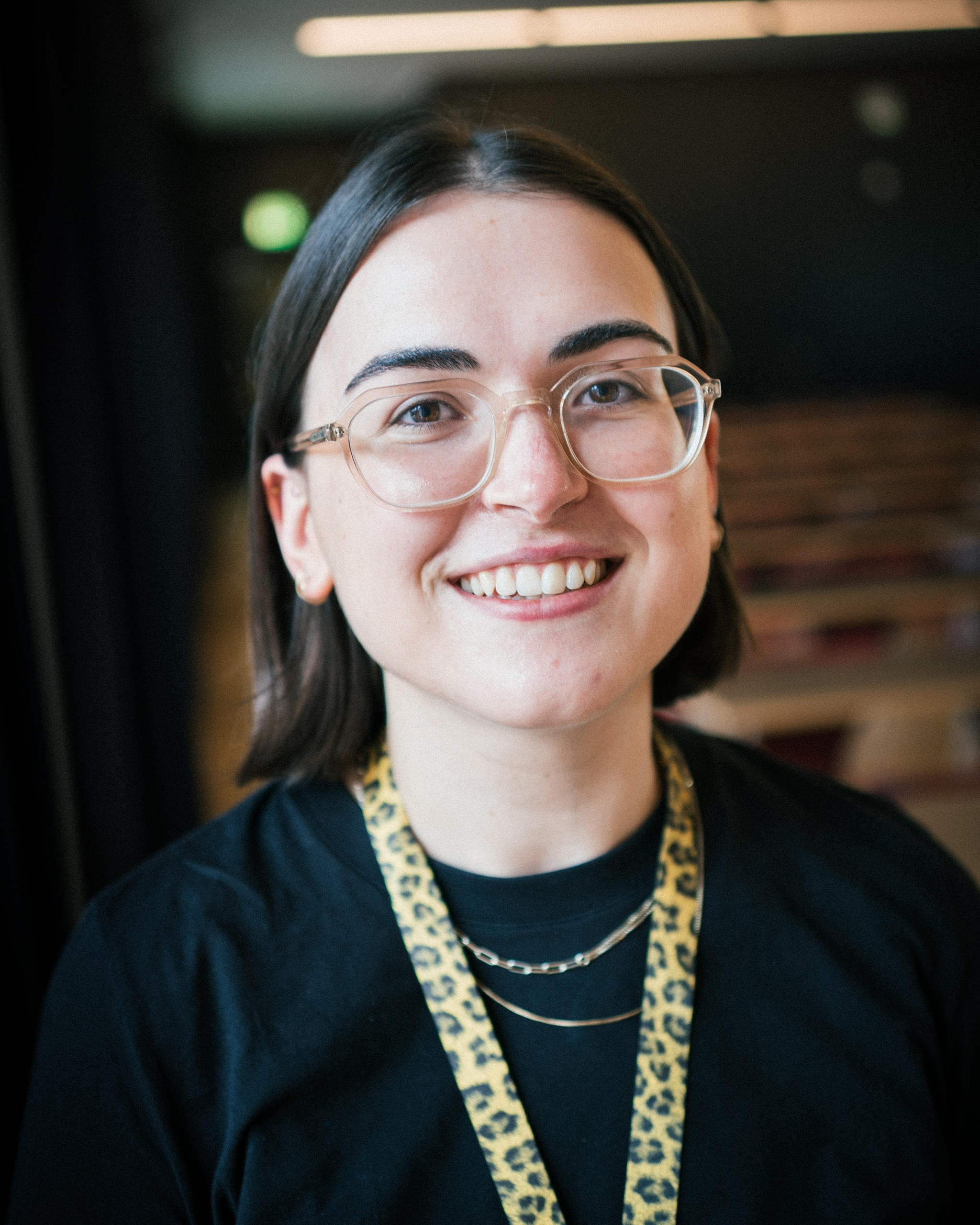
Caitlin Quinlan is a freelance film critic from London with work published for Sight & Sound, Little White Lies, and the Financial Times. She organises women-led film events with the Bechdel Test Fest and is a member of the London Critics’ Circle.
Twitter: @csaquinlan
Instagram: @caitlinquinlan
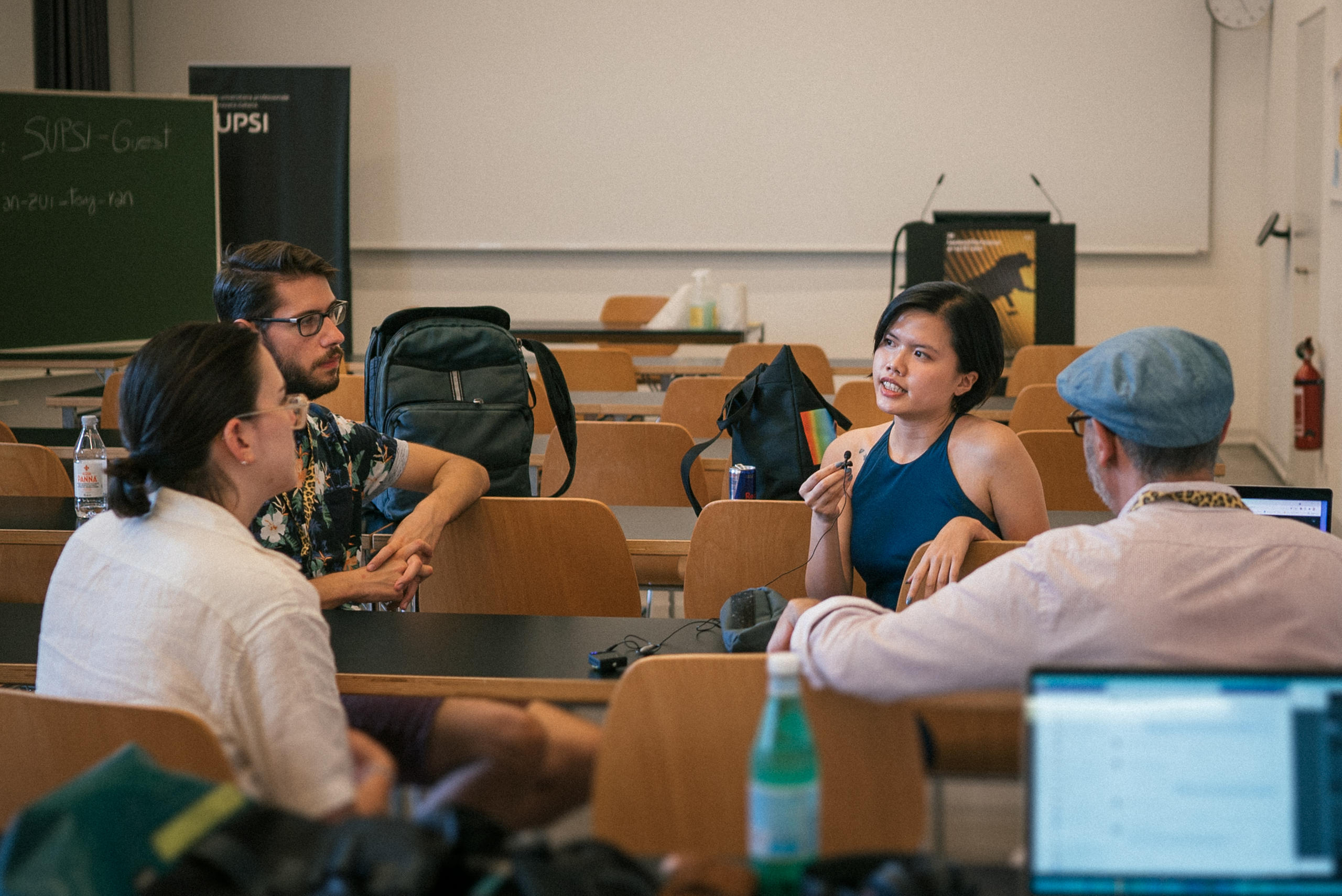
More
Critics Academy weighs in on Locarno fare

In compliance with the JTI standards
More: SWI swissinfo.ch certified by the Journalism Trust Initiative
You can find an overview of ongoing debates with our journalists here. Please join us!
If you want to start a conversation about a topic raised in this article or want to report factual errors, email us at english@swissinfo.ch.